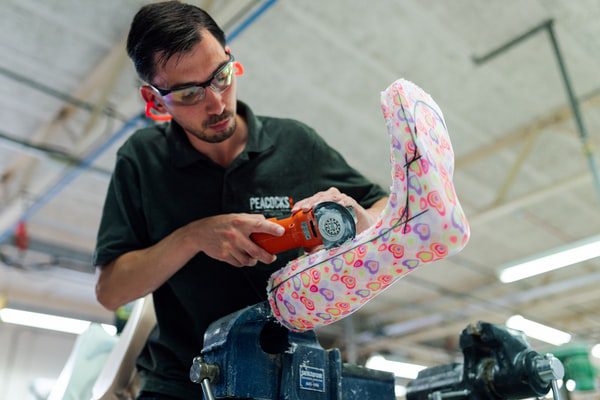Mechanical engineering applies physics and materials science principles to design, analyze, manufacture, and maintain mechanical systems in various industries. A mechanical engineer working in the biomedical sector might design medical devices or equipment such as prosthetic limbs or heart valves. They may also work on developing new treatments for diseases or improving medical procedures. Keep reading to learn how mechanical engineering is applied in the biomedical industry.
Biomedical Mechanical Engineering
Biomedical mechanical engineering is a branch of mechanical engineering that applies the principles and techniques of mechanical engineering to the design, development, and manufacture of medical devices and equipment. Biomedical mechanical engineers are responsible for developing medical technologies such as prosthetic limbs, artificial joints, heart valves, and other life-saving devices. They must have a strong understanding of biological systems’ mechanics and the physics of medical devices to create safe and effective products.
Biomedical mechanical engineering is a rapidly growing field thanks to advances in technology and the aging population. As more people require medical treatment, there will be an increasing demand for biomedical devices and equipment. With plenty of opportunities for biomedical engineers in research, development, and manufacturing positions, you can even start your career in mechanical engineering through a mechanical engineering online program.
Biomedical mechanical engineers typically work in two main areas: Research and development and manufacturing. In research and development, they may design new medical technologies or improve existing ones. In manufacturing, they may be responsible for producing prototypes or finished products. They must also be able to work with physicians and other healthcare professionals to ensure that their products meet the needs of patients.
Implant Technology Applications
Implants are devices or structures implanted into the body for medical purposes. They can be used to replace missing body parts, support weakened body parts, deliver drugs, or diagnose and treat medical conditions. Implant technology has come a long way in recent years, and there are now many different types of implants available. Some of the most common implants include dental implants, hip replacements, and pacemakers.
Implants can be made from various materials, including metals, plastics, and ceramics. The material used will depend on the specific application. For example, metal implants are often used in orthopedic applications because they are strong and durable. However, they may not be suitable for use in high contact with bodily fluids applications. Plastic implants are often used in cosmetic surgery due to their soft and flexible but strong material.
The design of an implant is critical to its success. The implant must withstand stresses placed on it while performing its required function. It must also be compatible with the surrounding tissue not to cause inflammation or other adverse effects. In addition, the implant must be easy to manufacture and install to be widely adopted by surgeons and patients alike.
Medical Device Applications

Medical devices are any equipment, instrument, implant, apparatus, or article intended to diagnose a disease or other medical conditions to cure, mitigate, treat, or prevent disease. Medical device technologies are a critical component of improving patient care and quality of life. Medical device technologies can be broadly divided into three categories: Therapeutic devices, diagnostic devices, and monitoring devices.
Therapeutic devices treat diseases or conditions, including pacemakers for cardiac arrhythmias and cochlear implants for deafness. Diagnostic devices are used to diagnose diseases or conditions, such as magnetic resonance imaging (MRI) scanners and blood glucose monitors. Monitoring devices monitor patients with chronic illnesses or conditions, including continuous positive airway pressure (CPAP) machines for sleep apnea and insulin pumps for diabetes mellitus.
Mechanical engineering applications play a critical role in the biomedical industry. They are used to design and develop medical devices, equipment, and products. Additionally, mechanical engineering is essential for the manufacturing and testing medical devices that play a significant role in improving healthcare and saving lives.
